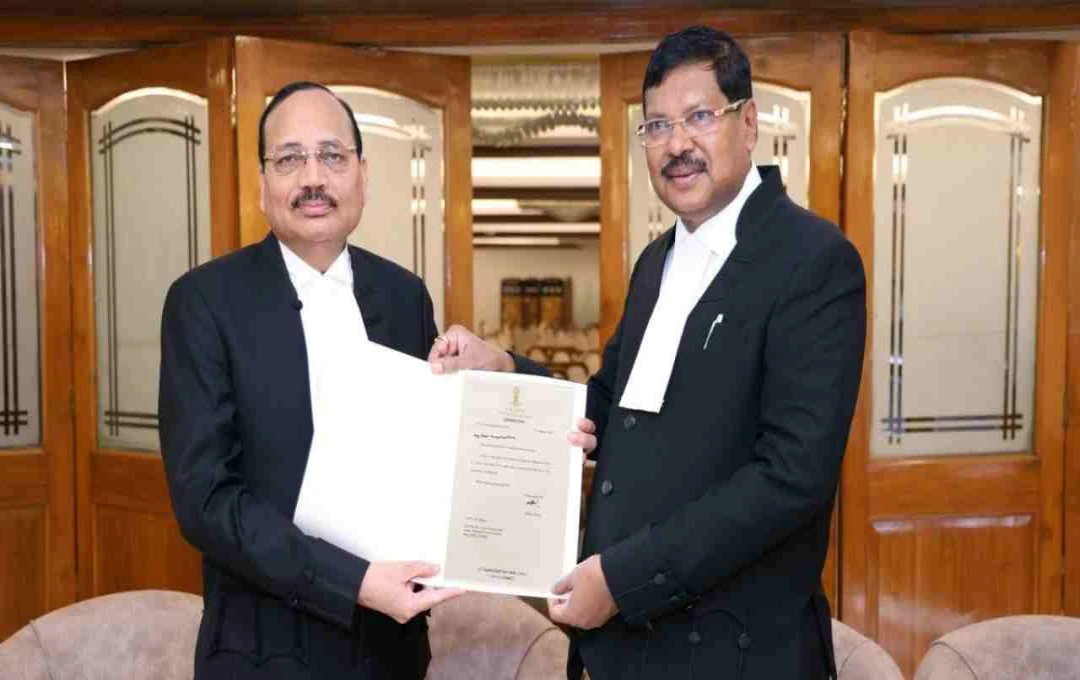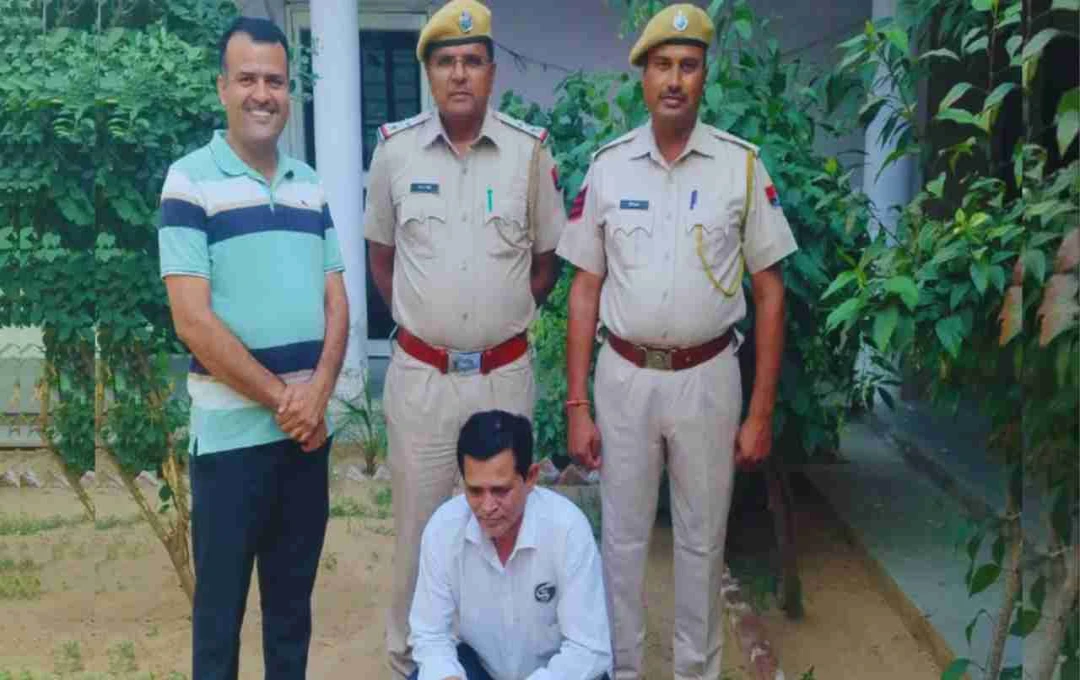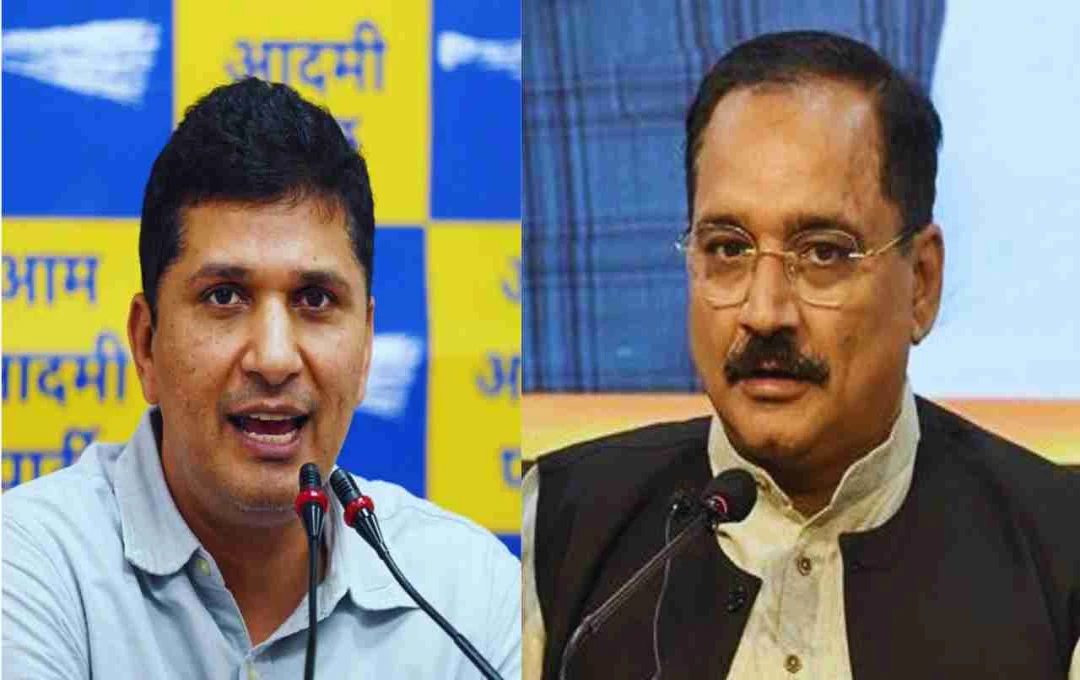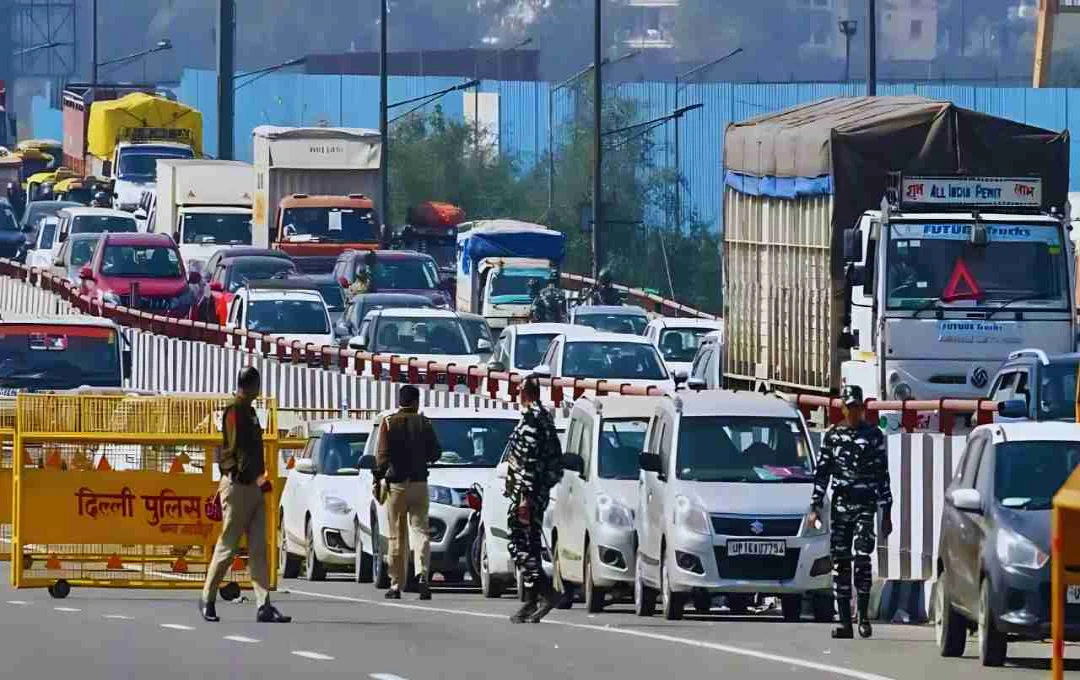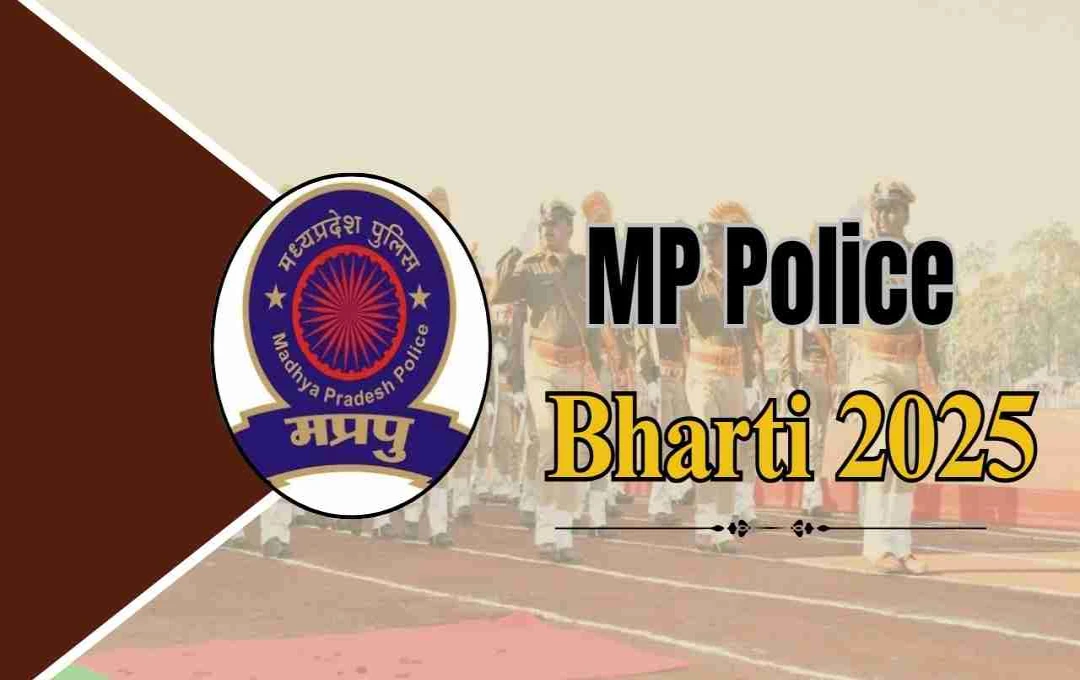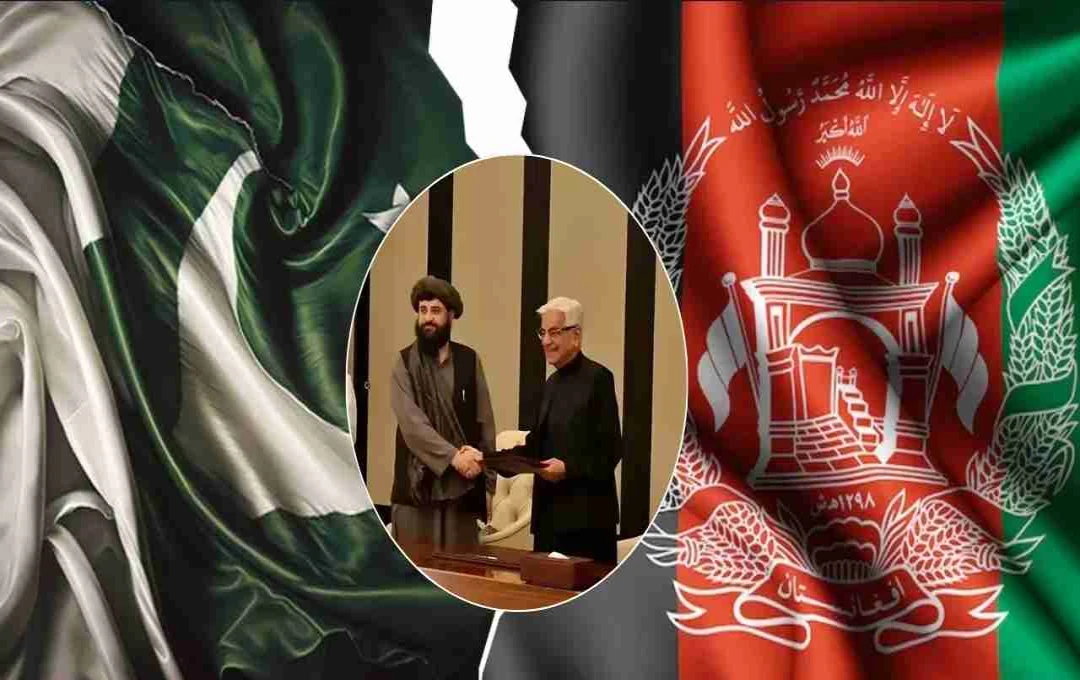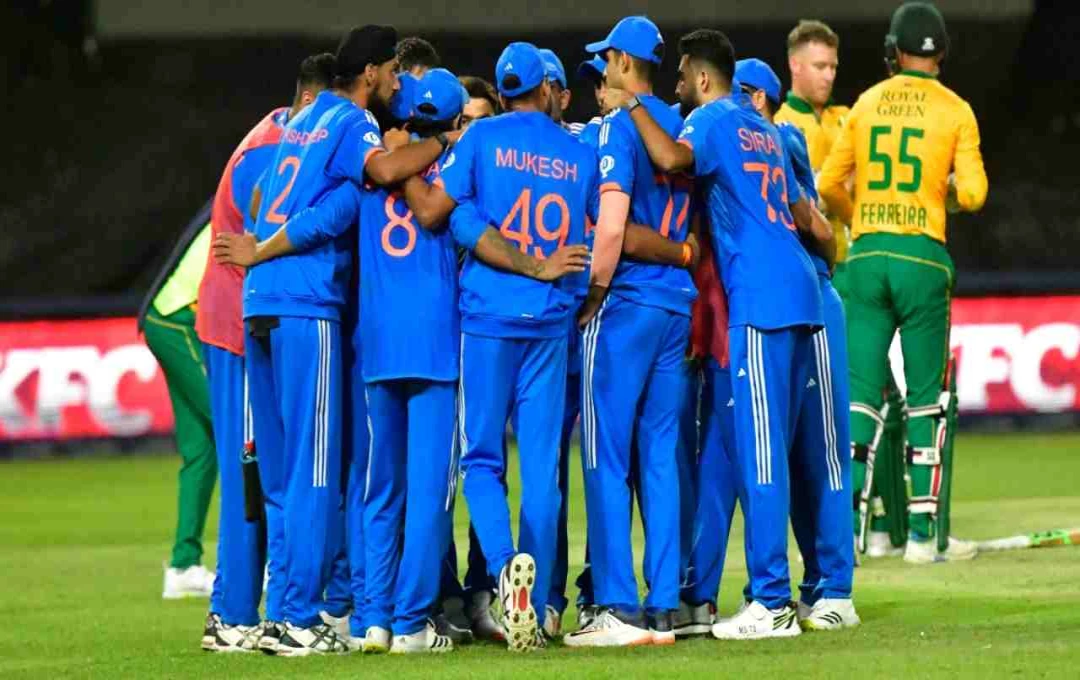India is soon going to welcome its 53rd Chief Justice of India. The senior-most judge of the Supreme Court, Justice Surya Kant, has been recommended to be appointed as the country's next CJI.
New Delhi: Chief Justice of India B.R. Gavai has sent a recommendation to the central government to appoint Justice Surya Kant as the country's next Chief Justice (CJI). Currently, Justice Surya Kant is the second most senior judge of the Supreme Court. If the central government approves this recommendation, he will be sworn in as the 53rd Chief Justice of the country on November 24, 2025.
The current CJI, B.R. Gavai, will retire on November 23. Following tradition, the senior-most judge of the Supreme Court is then appointed as the next Chief Justice.
Justice Surya Kant's Journey from a Humble Family to the Supreme Court
Justice Surya Kant was born on February 10, 1962, into a middle-class family in Hisar district, Haryana. His life was far from luxury, spent in a rural environment. He received his early education in his village, Petwar, and obtained his LLB degree from Maharshi Dayanand University (MDU) in 1984.
He began his legal practice at the Hisar District Court, after which he moved to Chandigarh and started practicing at the Punjab and Haryana High Court. At just 38 years old, he became Haryana's youngest Advocate General. His legal acumen and strict judicial approach quickly propelled him to great heights. On May 24, 2019, he was elevated as a judge of the Supreme Court.
Justice Surya Kant's tenure as CJI will be approximately 15 months. He will retire on February 9, 2027. According to Supreme Court rules, the retirement age for a judge is set at 65 years.
Justice Surya Kant's 4 Major and Historic Cases
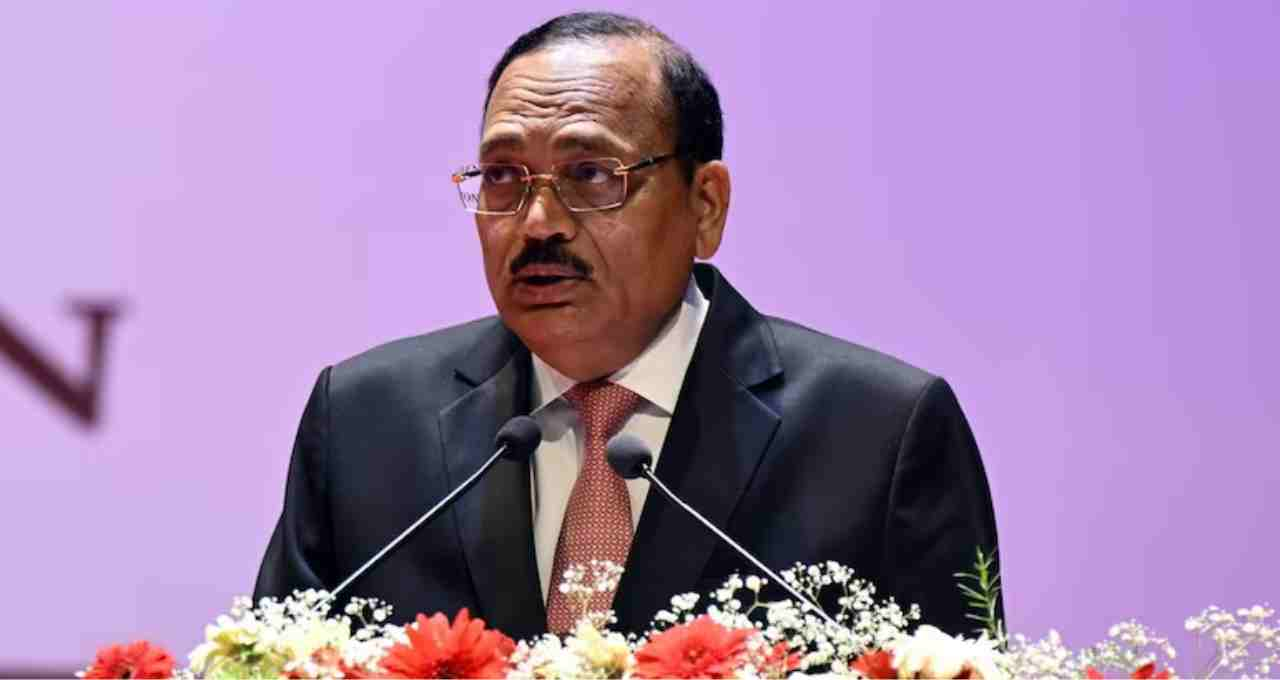
Justice Surya Kant's judicial career has been marked by courageous and impartial decisions. Many of his judgments have not only guided the legal system but also generated profound discussions in society. Let's explore four of his most talked-about cases —
1. Ranveer Allahbadia Case: "Greatness is built not by popularity, but by dignity"
During the hearing of famous YouTuber Ranveer Allahbadia's petition, Justice Surya Kant made a sharp remark, stating, "There is something dirty in this person's mind that has spread in society. He is also insulting parents. Why should the court side with him?" He clearly stated that popularity on social media does not give anyone the right to break social norms. This statement became a significant message among youth and influencers.
2. Nupur Sharma Case: "People in public office should understand the weight of their words"
Amidst nationwide protests following BJP spokesperson Nupur Sharma's controversial statement, Justice Surya Kant remarked during the hearing that she was solely responsible for what was happening in the country. He stated that individuals in positions of power or public office should understand the impact of their words. This comment clarifies the line between freedom of expression and responsibility.
3. Swati Maliwal Case: "Is this the Chief Minister's residence or a thug's den?"
Justice Surya Kant's rebuke in the case of the attack on AAP MP Swati Maliwal shook the entire nation. He asked the accused, "Did you not feel ashamed doing this to a woman?" He stated that when a woman was crying and seeking help, she was still not stopped — this is reprehensible. His remark was seen as a b message on women's safety and constitutional dignity.
4. Mohammed Zubair Case: "Expressing an opinion is not a crime"
In the 2022 case of fact-checker Mohammed Zubair's arrest, Justice Surya Kant made a historic remark in defense of freedom of expression. He stated that preventing a citizen from expressing their opinion is unconstitutional. Expressing views on social media cannot be a crime. This decision proved to be a milestone in the history of the Supreme Court in favor of freedom of expression.
Other Important Decisions and Initiatives
- Stay on Sedition Law: Justice Surya Kant was part of the bench that stayed the validity of the colonial-era sedition law and ordered the government not to register new FIRs until its review.
- Electoral Transparency: He ordered the public disclosure of details of 6.5 million names removed from Bihar's voter list.
- Reservation for Women: He is also credited with directing the Supreme Court Bar Association to reserve one-third of seats for women.
- One Rank-One Pension (OROP): He upheld the constitutional validity of this scheme and ordered its continuation.
- Pegasus Snooping Case: He was part of the bench that constituted a panel of cyber experts to investigate allegations of unlawful surveillance.
- Prime Minister's Punjab Visit Case: He constituted a committee headed by Justice Indu Malhotra to investigate the security lapse in PM Modi's Punjab visit, stating that "such matters require judicially trained minds."
Justice Surya Kant is known for his balanced approach, spirit of social justice, and unwavering commitment to the Constitution. He not only understands the intricacies of the law but also possesses the skill to connect it with the sentiments of ordinary citizens.
